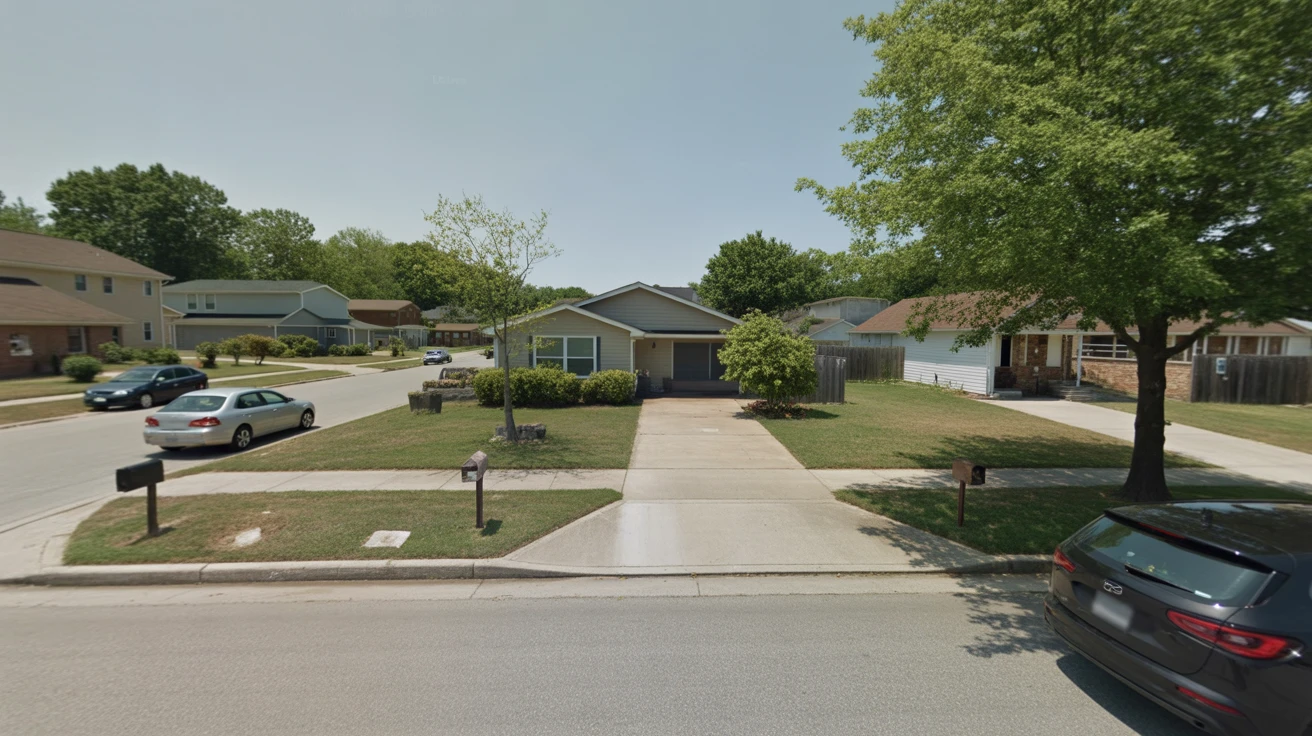Budgeting Smarter in La Vergne
Planning a move to La Vergne or evaluating your current expenses? Understanding how a typical monthly budget in La Vergne breaks down can help you make smarter financial decisions. In La Vergne, housing and electricity often make up more than 55% of a household’s budget.
Depending on your lifestyle, your monthly budget in La Vergne can look very different. Here are some typical examples for singles, couples, and families at various income levels. All figures reflect gross monthly income.
What Real Budgets Look Like in La Vergne
Let’s walk through the monthly budget of Jasmine, a 27-year-old single renter working a remote job with a gross income of $3,000 per month:
- Rent (1BR apartment): $1,100
- Utilities (electric, water, internet): $250
- Food (mix of cooking and dining out): $400
- Transportation (car payment, gas, insurance): $350
- Miscellaneous (subscriptions, personal care): $200
- Savings: $300
For Jasmine, housing takes up about 37% of her gross income, which is on the high end but manageable. Saving $300/month will add up over time. Now let’s look at a wider range of La Vergne households:
| Household | Jasmine | Sam & Elena | The Ortiz Family |
|---|---|---|---|
| Description | Single renter, remote job | Dual-income couple renting | Homeowners, two kids |
| Gross Monthly Income | $3,000 | $7,000 | $9,500 |
| Rent/Mortgage | $1,100 | $1,800 | $2,200 |
| Utilities | $250 | $400 | $600 |
| Food | $400 | $800 | $1,200 |
| Transportation | $350 | $700 | $800 |
| HOA/Fees | $0 | $200 | $350 |
| Miscellaneous | $200 | $600 | $1,000 |
| Savings | $300 | $1,000 | $1,500 |
These estimates reflect common lifestyle costs in La Vergne.
Biggest Cost Drivers

As you can see, housing remains the biggest line item across all three budgets, ranging from 23-37% of gross income. For homeowners like the Ortiz family, costs like HOA fees, maintenance, and higher utilities add up quickly.
In La Vergne, the cost of utilities can rise substantially in summer due to A/C use. Seasonal heating costs in winter also impact monthly budgets. For renters, rising rent prices are a major factor, with the average rent for a 2BR apartment in La Vergne exceeding $1,500 in 2025.
Transportation costs also eat up a sizable portion of La Vergne budgets, especially for commuters. Gas, car payments, maintenance, and insurance add hundreds to the monthly total.
Tips to Stretch Your Budget Further
While some major expenses like housing are hard to reduce, there are ways to save on other monthly costs in La Vergne:
- Shop at discount grocery stores like Aldi or buy in bulk at Costco. Grocery prices in La Vergne for a family of two average $400-500/month.
- Take advantage of free local activities and parks for entertainment instead of costly subscriptions.
- Use public transportation like La Vergne’s bus system to save on gas and car costs, especially if you work in Nashville.
- Adjust your A/C and heat settings to reduce seasonal utility spikes. Even a few degrees makes a difference.
🏆 Tip: Check for utility rebates in La Vergne to offset cooling costs during the hot summer months.
FAQs About Monthly Budgets in La Vergne
Can you live in La Vergne on $3,000/month?
Yes, $3,000/month is manageable for a single person in La Vergne, as long as you keep major costs like rent and car payments in check. Stick to a 1BR apartment for $1,000-$1,200 and use public transit when possible.
What’s a realistic rent budget for La Vergne?
Aim for rent to be no more than 30% of your gross income. For example, if you make $5,000/month, target a max rent of $1,500. In neighborhoods like Downtown La Vergne, rent might exceed $2,000/month for a 1BR apartment.
What’s a good budget for $4,000/month in La Vergne?
On $4,000/month in La Vergne, allocate $1,200-$1,500 for rent and $400 for food. Put $500 toward savings and keep transportation under $500. Use the rest for utilities, insurance, and discretionary spending.
Planning Your Next Step
Budgeting in La Vergne is all about managing major expenses like housing and understanding how your income breaks down. Use the examples above to assess your own situation and look for ways to save in categories like food, utilities, and transportation.
Ready to dig deeper? Check out our detailed guides on housing costs in La Vergne and average grocery prices for a family of two. We also have cost of living breakdowns for nearby cities like Murfreesboro and Smyrna.
